8 GPTs for Animal Care Powered by AI for Free of 2025
AI GPTs (Generative Pre-trained Transformers) for Animal Care are advanced AI tools designed to provide specialized assistance in the field of animal care and welfare. These AI models are trained on a vast array of data related to veterinary science, pet care, wildlife conservation, and more, enabling them to generate relevant, accurate information and solutions for users. Their relevance lies in their ability to offer tailored advice, support decision-making processes, and facilitate a deeper understanding of animal health and behavior, making them invaluable assets for professionals and enthusiasts alike.
Top 8 GPTs for Animal Care are: Homestead Helper,Homestead Guide,Pet Name Creator,Vet Helper,Camelexpert,Pawsome Pet Names,AllBreedInfo,Vetonline A.I Ultimate
Homestead Helper
Empowering self-sufficiency with AI
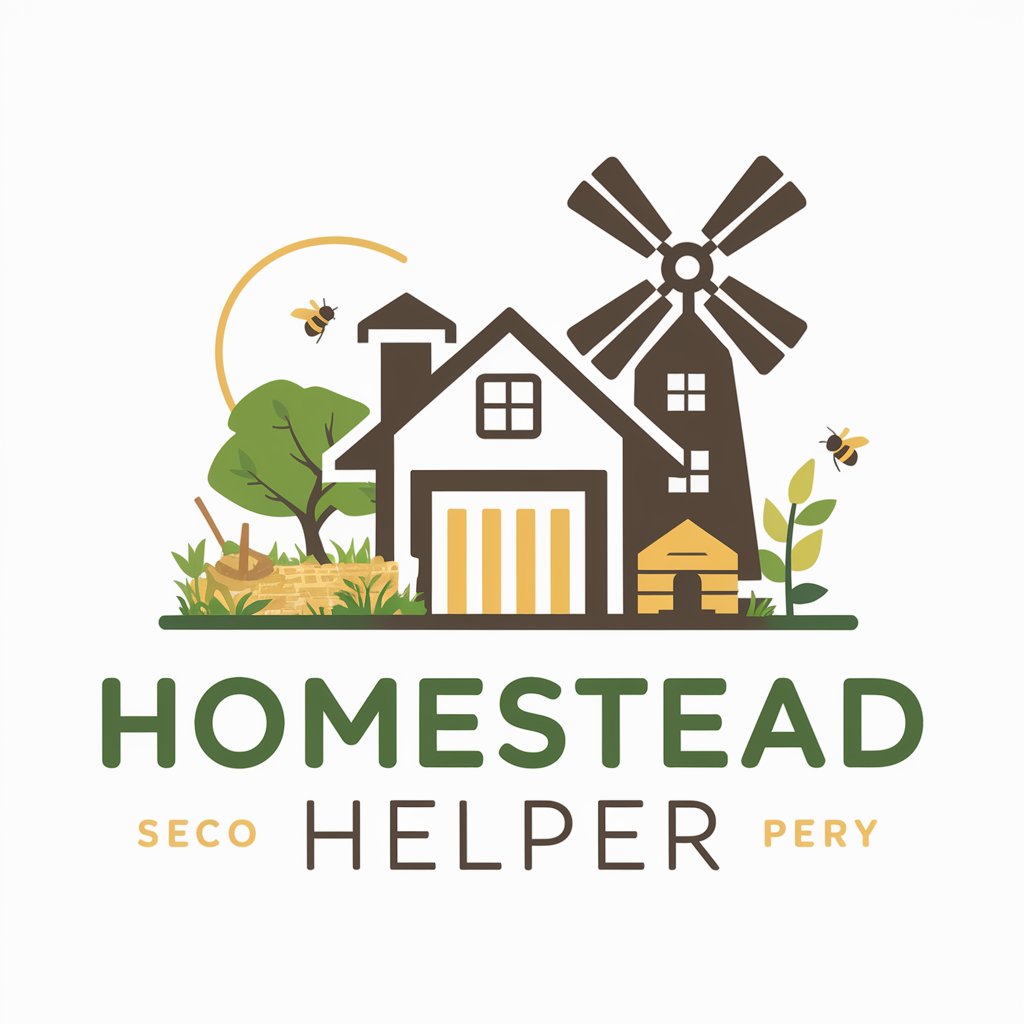
Homestead Guide
Empowering sustainable living with AI.
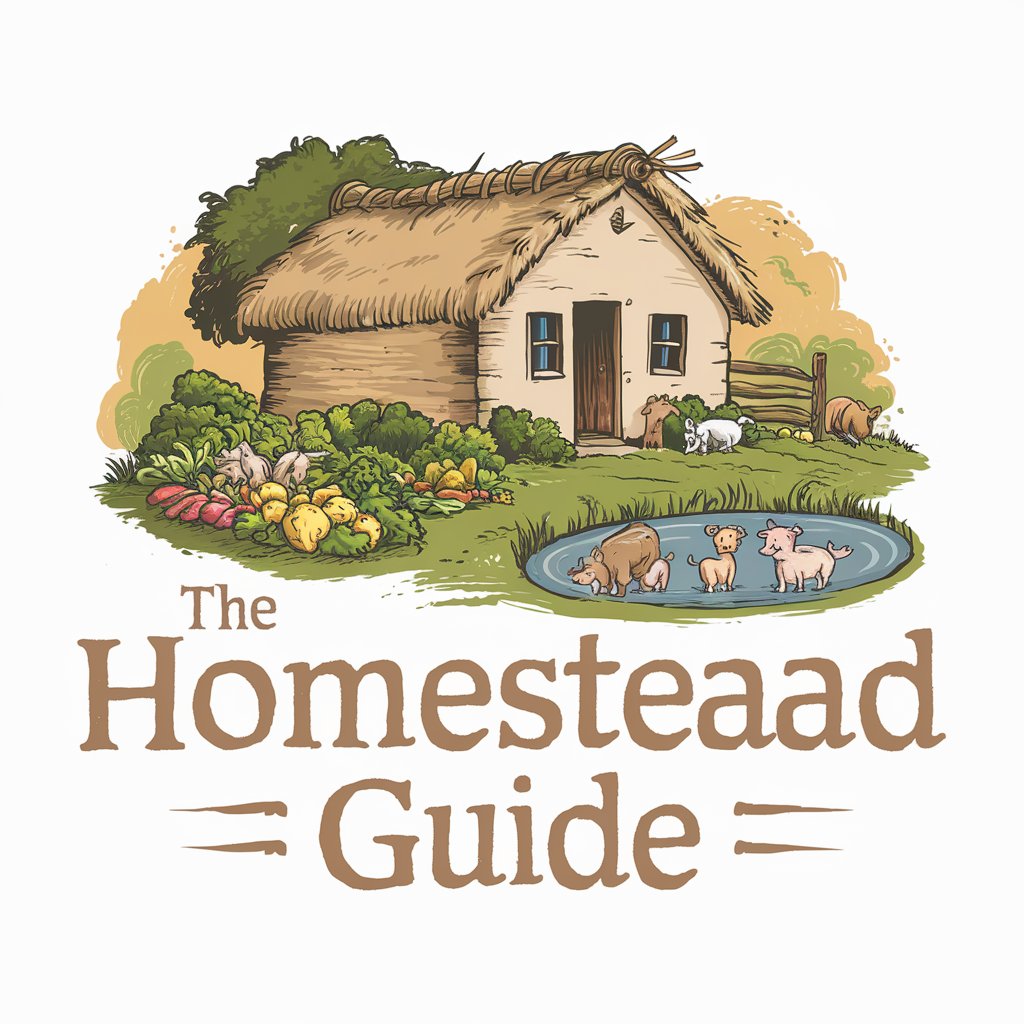
Pet Name Creator
Discover the perfect pet name with AI.
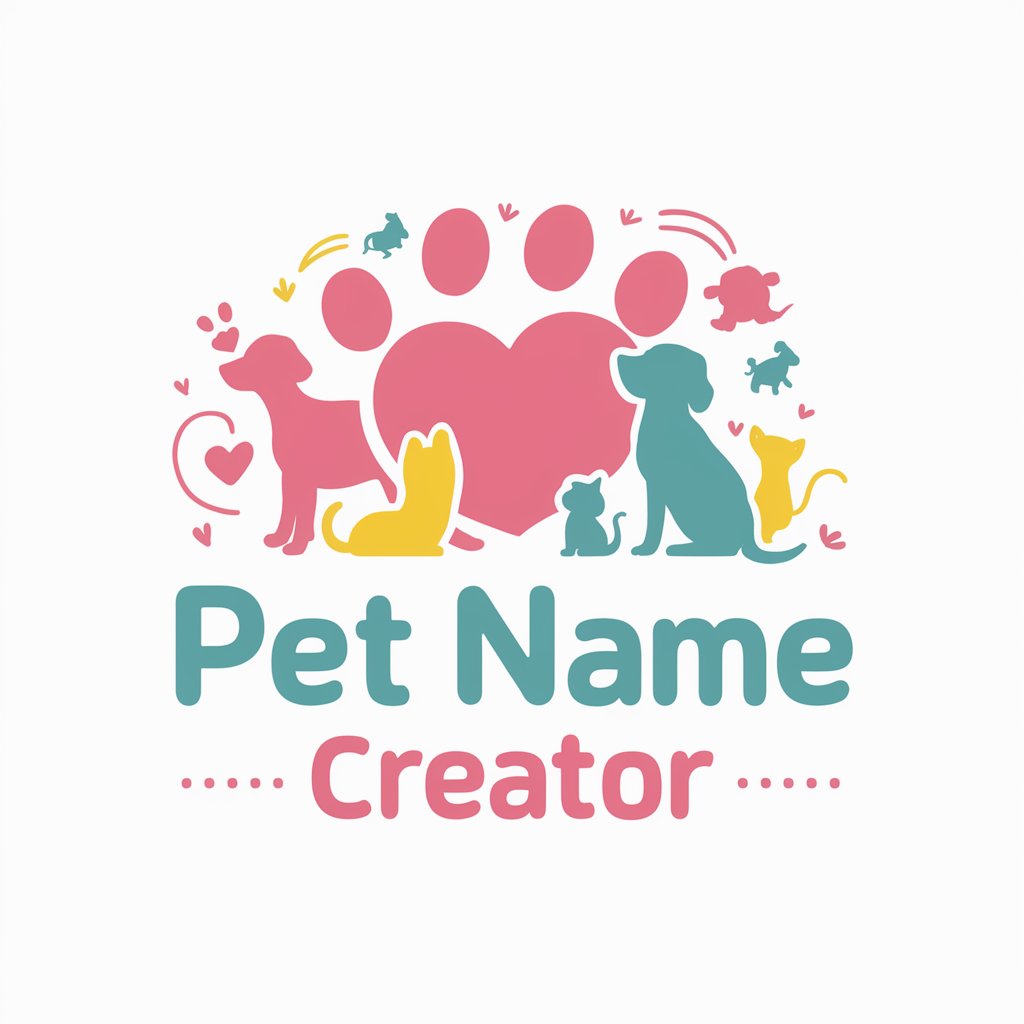
Vet Helper
Empowering Veterinary Care with AI
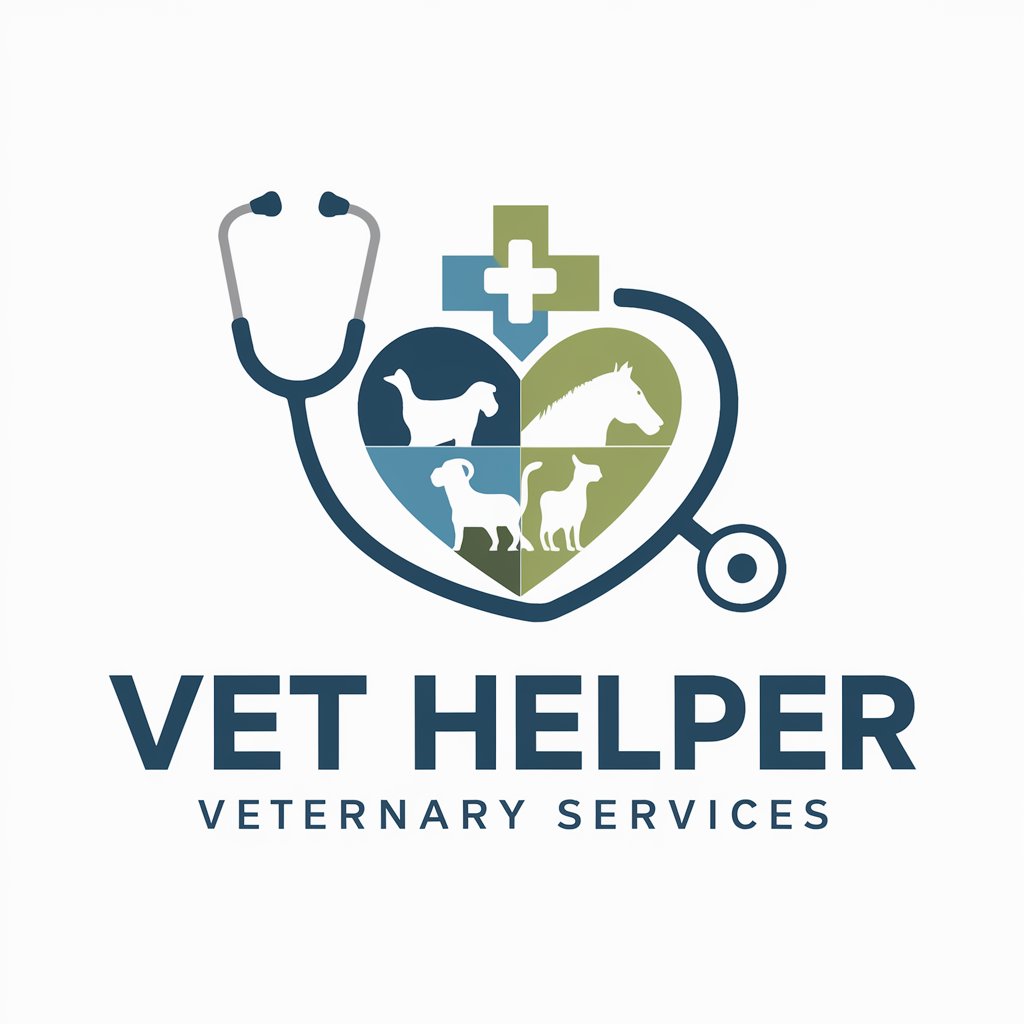
Camelexpert
Empowering camelid care with AI
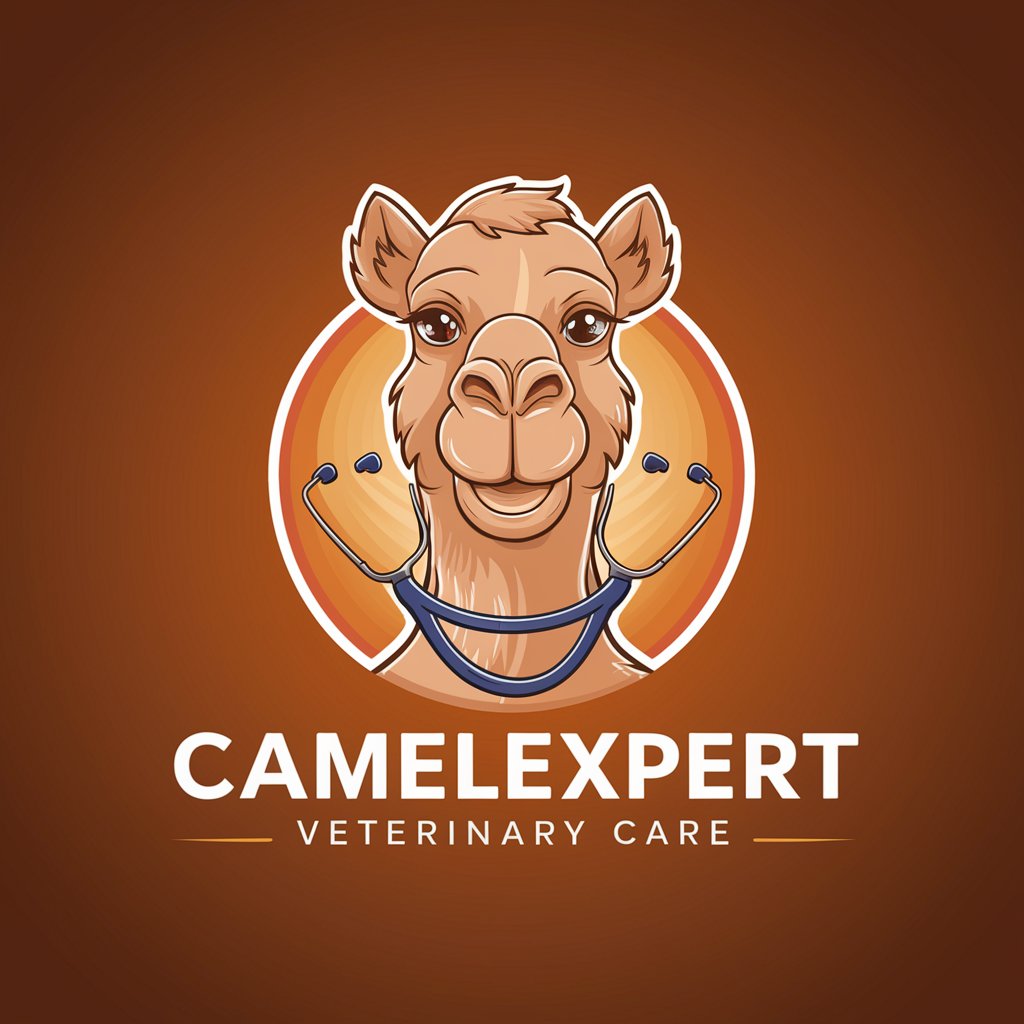
Pawsome Pet Names
Tailoring names to match your pet’s pawsonality!
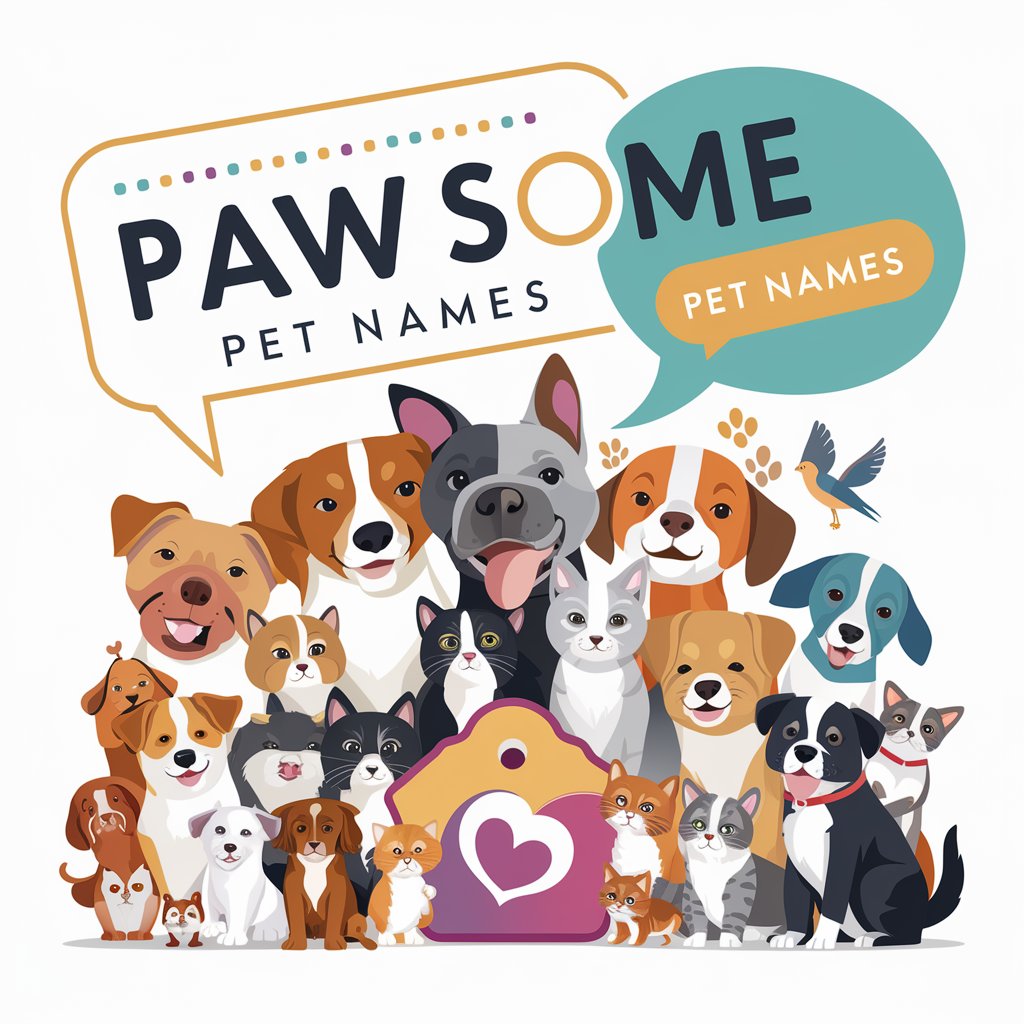
AllBreedInfo
Discover Breeds, Unleash Insights
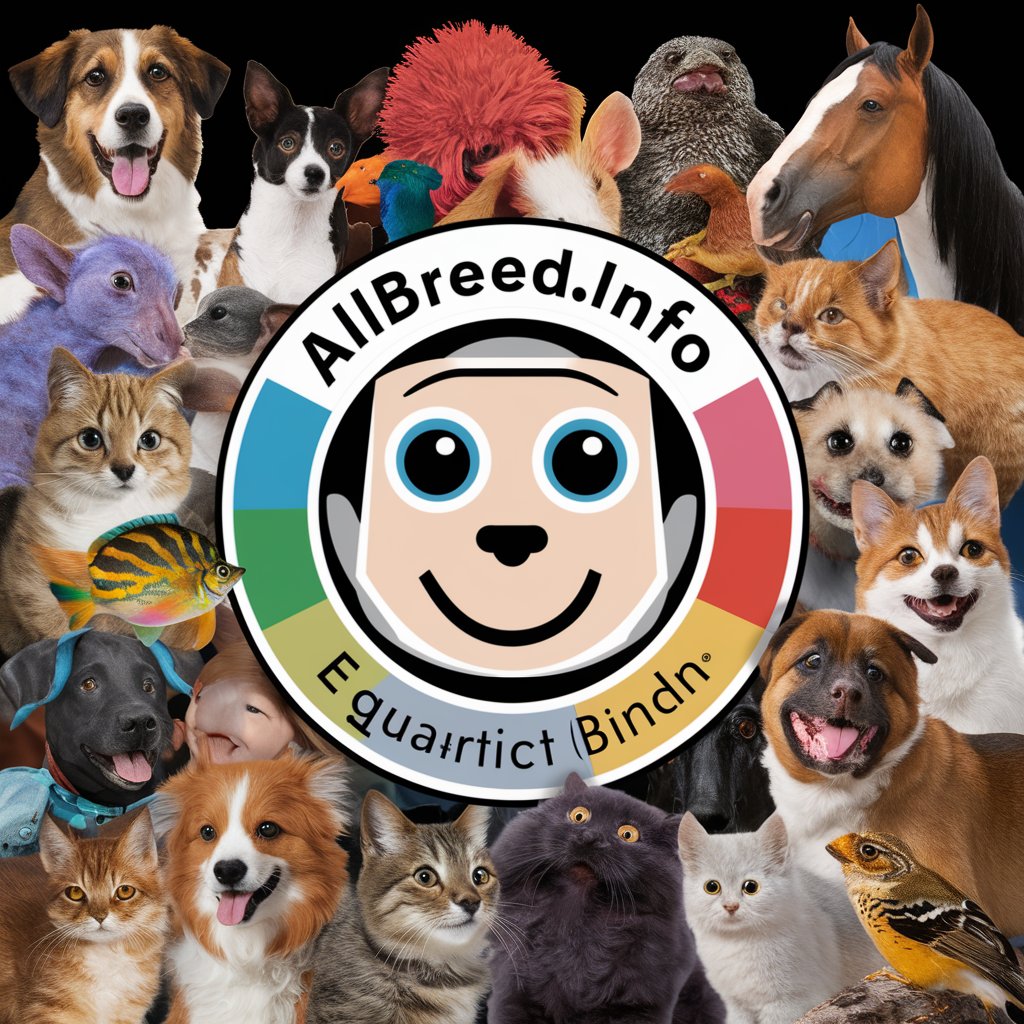
Vetonline A.I Ultimate
Empowering Veterinary Care with AI
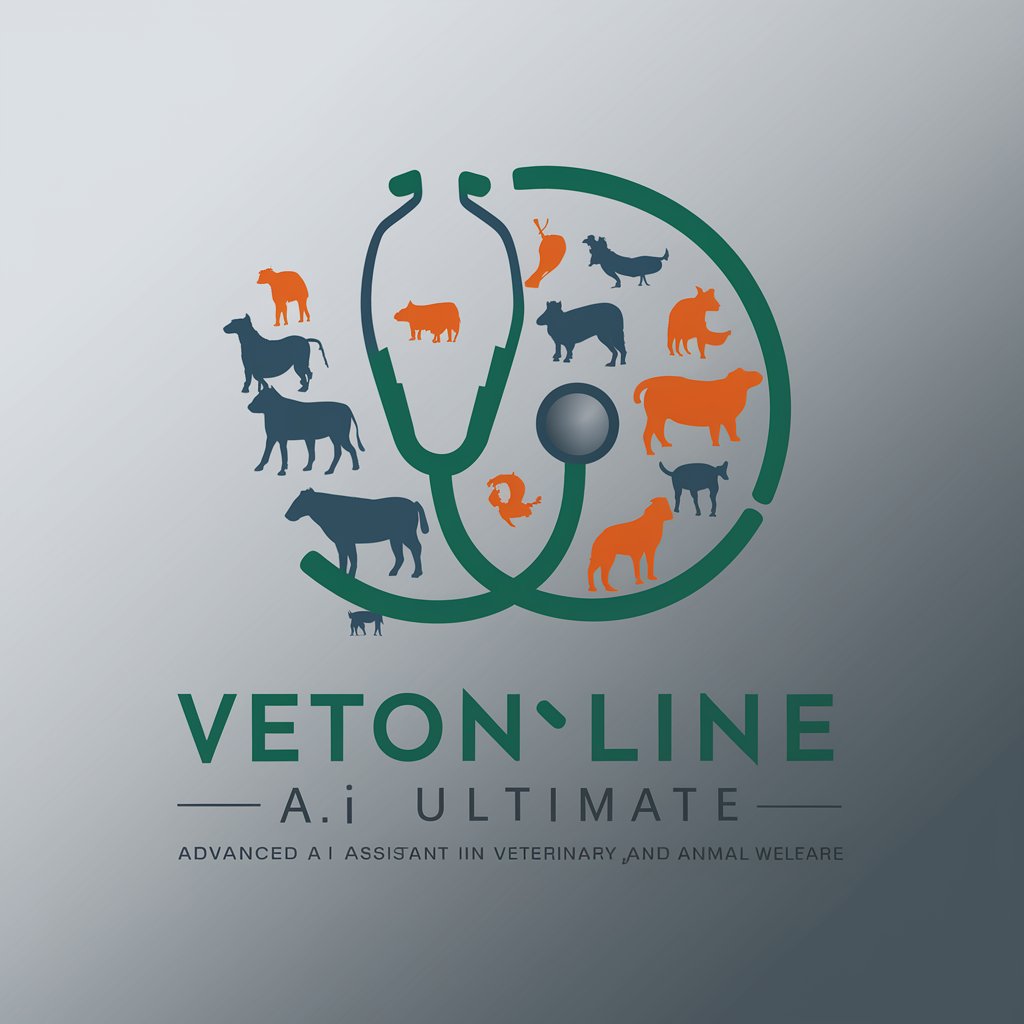
Distinctive Characteristics of Animal Care AI Tools
AI GPTs for Animal Care boast several unique features that set them apart. These include the ability to learn and adapt to the specific language and terminologies used in veterinary medicine and animal care. They can provide technical support, perform web searches for the latest research or case studies, create informative images, and analyze data to offer insights. Their versatility allows for applications ranging from simple Q&A formats for pet owners to complex diagnostic support systems for veterinarians.
Who Benefits from Animal Care AI Applications
The primary beneficiaries of AI GPTs for Animal Care include pet owners, veterinary professionals, wildlife conservationists, and students in the field of animal science. These tools are designed to be user-friendly for those without technical backgrounds, offering straightforward interfaces and guidance. Simultaneously, they provide powerful customization options for developers and researchers looking to tailor the AI's capabilities to specific projects or research needs.
Try Our other AI GPTs tools for Free
Date Night
Elevate your date night experiences with AI GPTs. Discover personalized, innovative, and memorable ideas for romantic evenings, tailored just for you.
Family Dining
Discover how AI GPTs are transforming family dining with personalized meal suggestions, interactive experiences, and seamless restaurant management.
Business Lunch
Discover how AI GPTs for Business Lunch can transform your professional dining experiences with personalized planning, scheduling, and networking solutions.
Electrical Safety
Discover how AI GPTs for Electrical Safety revolutionize safety practices with tailored solutions, accessible to experts and novices alike.
Plumbing Advice
Discover how AI GPTs for Plumbing Advice revolutionize DIY and professional plumbing, offering expert solutions, troubleshooting tips, and proactive maintenance advice at your fingertips.
Professional Directory
Discover the transformative power of AI GPTs for Professional Directory, offering advanced search, real-time updates, and insightful analytics to revolutionize professional networking.
Expanding Horizons with Animal Care AI
AI GPTs for Animal Care not only provide immediate, reliable information but also offer innovative solutions to longstanding challenges in animal health and conservation. Their ability to integrate seamlessly with various platforms and workflows makes them particularly valuable in enhancing the efficiency and effectiveness of animal care practices across sectors.
Frequently Asked Questions
What exactly are AI GPTs for Animal Care?
AI GPTs for Animal Care are specialized tools using Generative Pre-trained Transformer technology to assist with various aspects of animal welfare and care, including health, behavior, and conservation.
How can these AI tools assist pet owners?
They can provide instant, reliable advice on pet health, nutrition, behavior training, and emergency care guidelines, significantly enhancing pet care.
Are these tools suitable for professional veterinary use?
Yes, they offer advanced diagnostic support, treatment options, and access to the latest research, aiding veterinarians in decision-making and patient care.
Can wildlife conservationists benefit from AI GPTs?
Absolutely. These tools can analyze ecological data, assist in species research, and support conservation strategies, contributing to effective wildlife management.
Do I need programming skills to use these AI tools?
No, they are designed with user-friendly interfaces for easy access by individuals without programming expertise, though customization options are available for those with technical skills.
How do these AI tools stay updated with the latest information?
They continuously learn from new data, research, and case studies, ensuring the advice and information provided remain current and accurate.
Can these tools integrate with existing systems or workflows?
Yes, they are designed for easy integration with existing veterinary practice management systems, educational platforms, or conservation databases, enhancing workflow efficiency.
Are there any limitations to using AI GPTs for Animal Care?
While highly effective, they should not replace professional veterinary advice or hands-on conservation work. They serve as supplementary tools to enhance understanding and care.